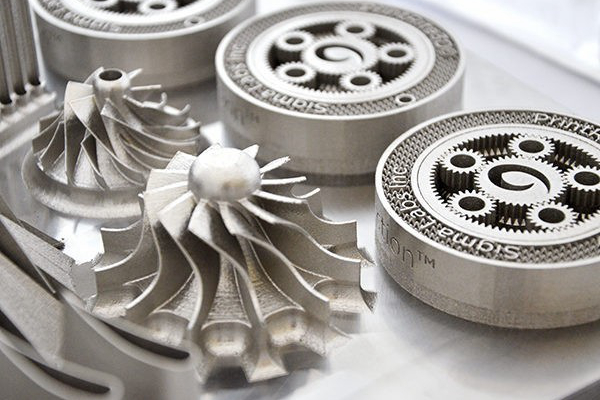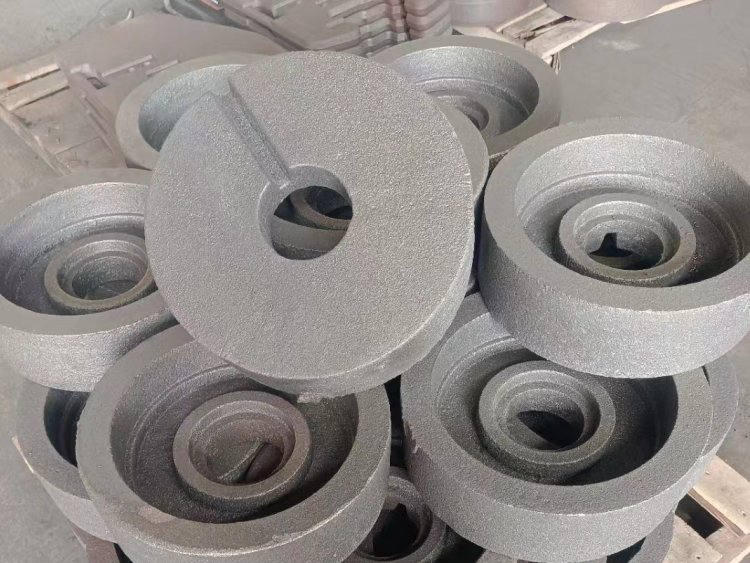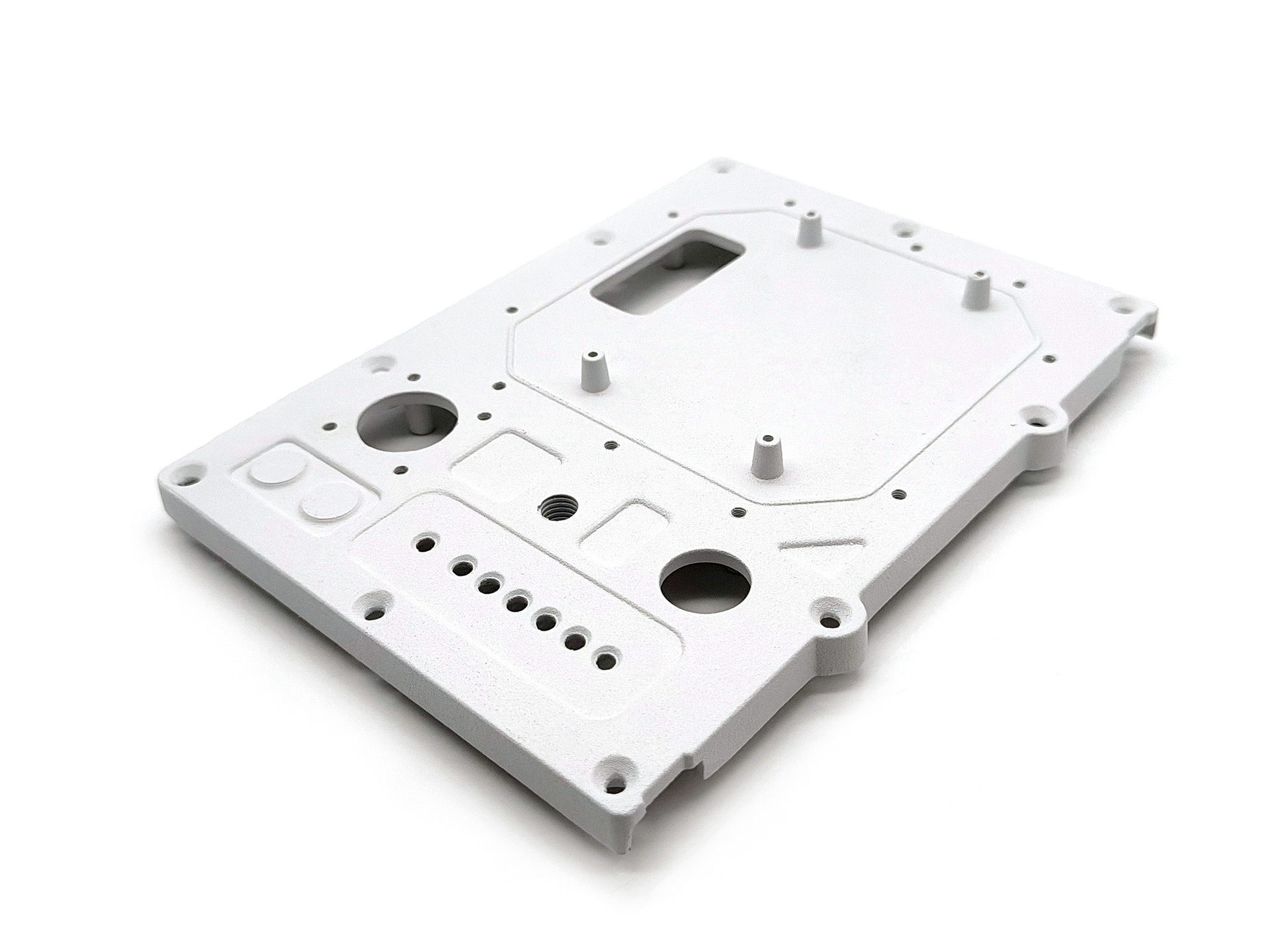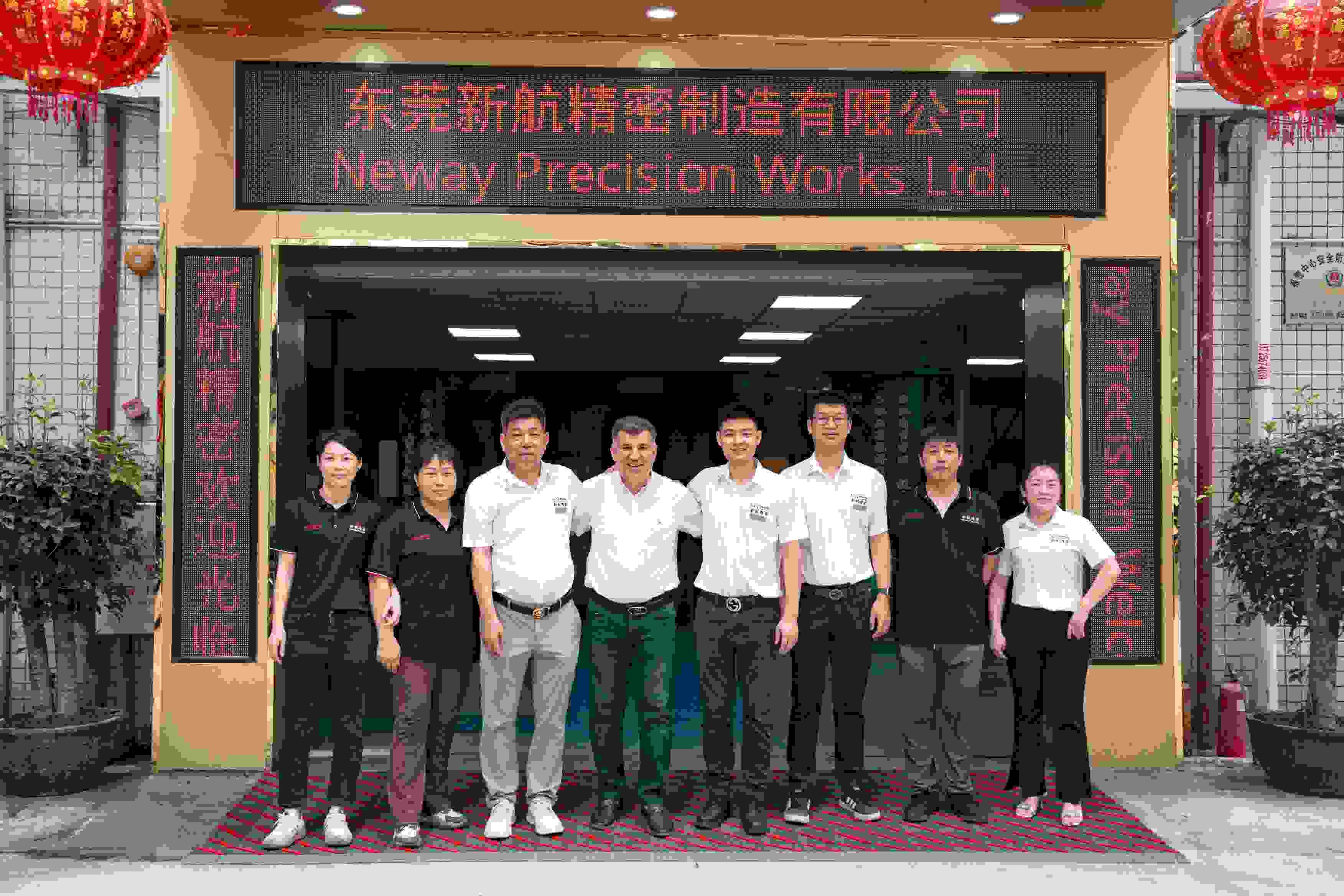Can die cast engine parts withstand high temperatures and pressure?
Can Die Cast Engine Parts Withstand High Temperatures and Pressure?
Thermal Resistance of Aluminum Die Casting Alloys
Die cast engine components made from alloys like A380, A360, and AlSi10Mg are engineered to operate under elevated temperatures commonly found in combustion engine environments. These alloys retain structural integrity up to 200–250°C, depending on the composition and part geometry. AlSi10Mg, in particular, offers better thermal stability and low thermal expansion, making it suitable for parts exposed to thermal cycling and heat soak conditions.
Pressure Tightness in Engine Applications
High-pressure die casting inherently produces components with excellent dimensional stability and near-net shape, but internal porosity can affect pressure performance. To counteract this, parts such as housings, oil pans, and transmission covers are often designed with uniform wall thickness, integrated ribs, and pressure-sealing features. Post-machining of sealing surfaces and proper mold design further ensure pressure-tight components suitable for oil or coolant containment under pressures up to 20–30 bar.
Use of Heat-Treated or Specialty Alloys
While standard die cast alloys are sufficient for many thermal applications, high-performance engine components may use specially modified aluminum alloys such as AlSi12 for better fluidity and reduced porosity, or heat-treatable castings like A356-T6 in hybrid processes for critical thermal zones. These materials deliver improved fatigue strength and pressure endurance in cylinder heads, turbo housings, and gearbox components.
Design and Finishing Enhancements for Heat and Pressure
Design considerations such as rounded corners, gussets, and optimized draft angles reduce stress concentrations and improve heat dissipation. Surface treatments like anodizing and powder coating protect against oxidation and thermal degradation, especially in under-hood environments. Advanced sealing designs combined with high-precision tool and die making ensure tight tolerances and structural integrity under combined heat and pressure loads.
Recommended Services for Heat and Pressure-Resistant Engine Parts
Neway offers integrated solutions for producing durable, thermally stable engine components:
Aluminum Die Casting: High-performance alloys including A380, A360, and AlSi10Mg for thermally demanding parts.
Post-Machining: For achieving sealing surfaces and pressure-tight geometries.
Anodizing and Powder Coating: To protect surfaces against thermal oxidation and environmental exposure.
These services support the production of robust engine parts capable of withstanding the thermal and mechanical demands of modern powertrains.



